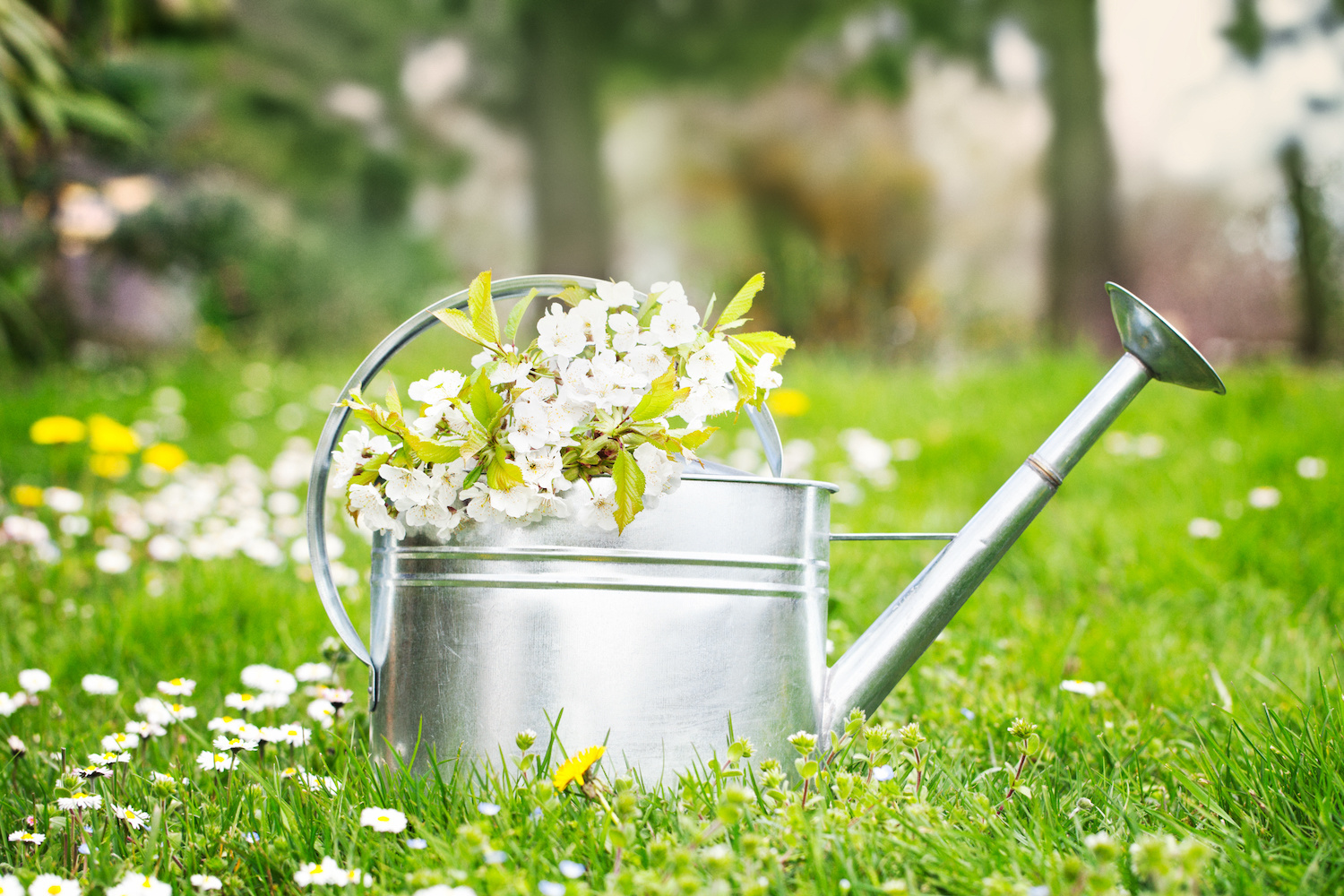Alternatives to pesticides

All our daily actions always have an impact on the environment, but can also change the world. Choosing a bicycle instead of a car to get around is already a step towards restoring a better world. This is also the case with the use of pesticides. These products used to be used extensively to stop the devastation caused by pests. However, they are based on chemical substances and have many negative effects on our ecosystem. In this guide, you will find various organic solutions and natural recipes to replace them.
What is a pesticide?
For many years, synthetic pesticides have been used in agriculture, gardens, parks and vegetable gardens, both in public places and at home. They represent a family of phytosanitary products composed of substances that allow the destruction of one or more living organisms that aim to harm the crop.
Among these, there are insecticides that eliminate insects, rodenticides that kill rodents, fungicides that suppress fungi, herbicides and weed killers against weeds. Their role is to kill those pests that are considered to be harmful.
Pesticides are used extensively in cropping systems to help farmers optimise crop yields, improve seeds or protect crops during storage. They help them to reduce weeds, control diseases and fight insects. But the use of such a product is not always a gift. It has been at the heart of many debates for some time.
The effects of pesticides on the environment
Pesticides also pose toxic risks to the environment, which is why the search for healthier alternatives is imperative. Pesticides can harm all living organisms, both animals and plants. Their chemical components are also harmful to non-target organisms, such as wildlife, native plants, pollinators, soil micro-organisms or delicate plants.
Some pesticides do not only act where they are applied. They are volatile and can be easily dispersed by the wind to pollute the air and soil. Rainwater can also carry harmful molecules away from the area of application. A series of scientific studies now even show that these products cause real health problems.
Organic techniques and natural recipes to replace pesticides
It is therefore time to turn to organic and natural alternatives such as permaculture, biocontrol or agroforestry. There are several simple, yet practical tips that can replace pesticides.
- To remove weeds, use a hoe or equivalent gardening tool.
- Mulching is also a good natural solution for protecting cultivated plots from weeds. You can use garden waste as a cover for this purpose.
- Boiling water kills unwanted vegetation on terraces, balconies and walkways.
- A solution based on black soap and vegetable oil or a decoction of tansy can be used to combat insects and certain diseases.
- Use garlic infusion or white vinegar to control CPBs.
- Coffee grounds are an excellent repellent for gastropods.
- Nettle manure spray also serves as a natural fertiliser and insecticide to eradicate aphids.
In short, there is a range of organic and natural solutions to combat weeds and pests while contributing to a greener future.


Comments
Be the first to comment...